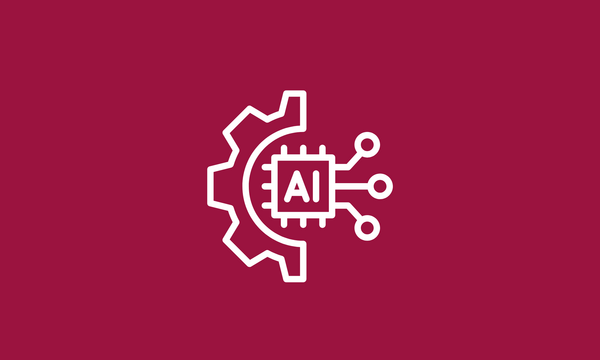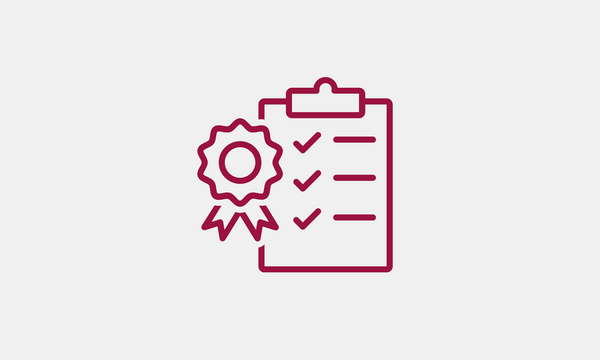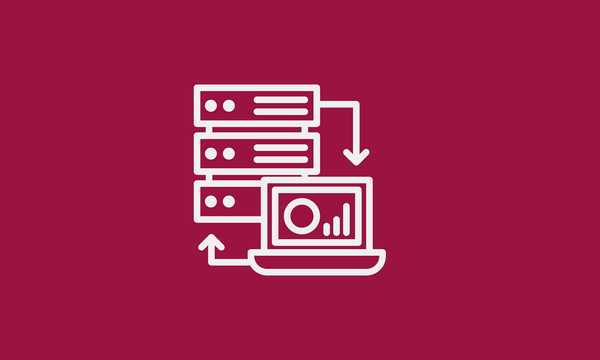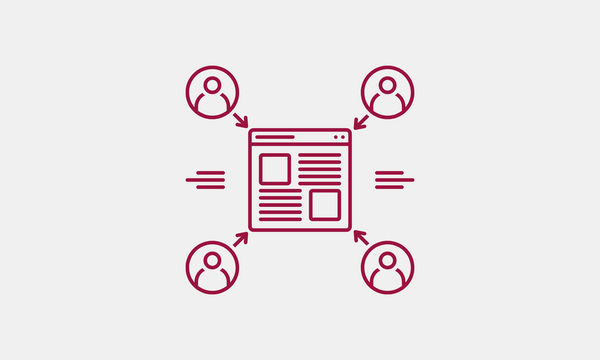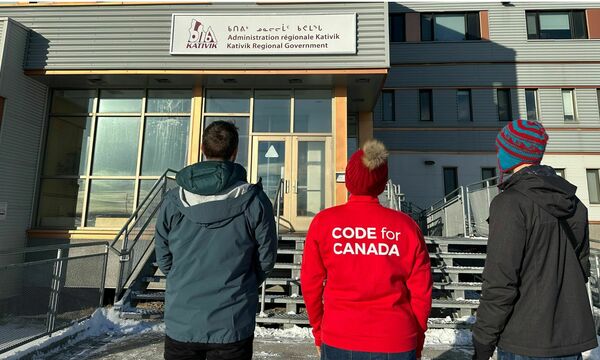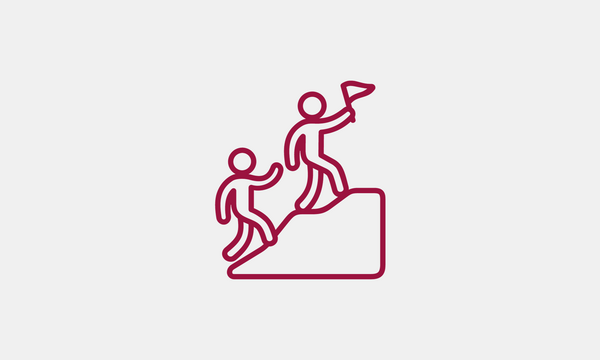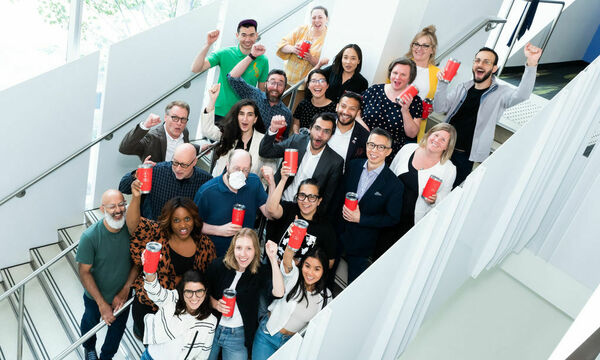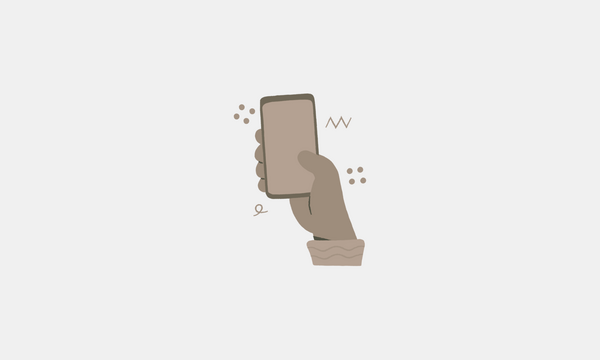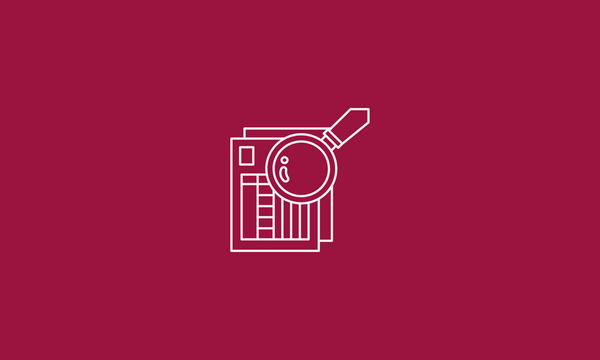A year of learning, sharing and collaborating at Civic Hall Toronto
Shea Sinnott
May 16, 2019

Last Friday, Civic Hall Toronto turned one. The day passed in a flurry of activity, like many over the last year, including meetings with public servants and civic tech community members, some last-minute tweaks to our new collaboration space, and debriefing one event (a workshop on Agile for civic tech) while planning the next (a forum on Data Privacy & Access).
Perhaps the only thing that stood out was some cake.
I can’t believe it’s been a year since I stood on a podium and cut the proverbial ribbon to officially begin the program. At the time, I was still learning what civic tech meant, and if I’m honest, I’m still figuring out how civic tech and Civic Hall Toronto can best fit into the larger world of civic innovation in the city.
Come to think of it, learning has been a consistent theme of our first year. When we launched, the program was a prototype; based on proven models elsewhere, like our namesake Civic Hall in New York City, but also designed to be iterative and responsive. We launched with lightweight and flexible programming, and created opportunities to get feedback from our members and and make changes based on their input.
And that’s what we did. In the past year, we signed up 13 teams from the City of Toronto and the City of Markham as government members and welcomed them to co-work with us at the Centre for Social Innovation. We ran 32 events for 771 people, including 13 training workshops for public servants, held six office hours, where the public can meet our members and discuss the issues that matter to them, and we delivered on seven projects by fostering collaboration between our government members, the civic tech community and residents.
Numbers aside, I think it’s safe to say that we’re onto something. As our experience this year has shown, good things really do happen when you convene people from different sectors together, and remove barriers for shared learning and work.
We launched the program to address a specific challenge — there are lots of people in the Greater Toronto Area using technology and design for good, but they’re working in silos and don’t collaborate as well or as often as they could. Civic Hall Toronto is our answer to: How might we connect people in the GTA and enable them to share, learn and build solutions to civic challenges together, using technology and design?
In our first year, we prioritized working with government because we had a clear sense of their needs–and concrete ways to address those needs with programming (and we knew that our goal of cross-sector collaboration wouldn’t work if government wasn’t at the table from the start). We also prioritized partnerships — building strong relationships with the City of Toronto and the Centre for Social Innovation (CSI) — instead of trying to do everything on our own.

Highlights from Year One
The past 365 days have been a whirlwind, but here are some moments from Civic Hall Toronto’s first year that stand out to me:
Cross-sector meetings during Office Hours
We got into a rhythm of holding our Office Hours on the first Friday of every month in CSI’s lounge. We went from worrying that no one would show up, to being overwhelmed by the turnout. While the idea of getting together with public servants in a casual environment to ask questions, pitch ideas and discuss issues is new, there’s appetite for it and it’s catching on.
Usability testing with GRIT
I served as a proctor for our sister program GRIT Toronto’s test with Ample Labs, and I was truly humbled by the experience of inclusive usability testing done well, and with real respect for an often marginalized population. It still feels like the clearest example of the power of civic tech that I’ve experienced in my year at the helm of Civic Hall Toronto.
Resident engagement with Solid Waste Management
We facilitated a design jam with residents and staff for the Solid Waste team, to better understand and address contamination in the Blue Bin recycling program. I was struck by how open everyone was — residents and public servants included — to try something new, by applying a design lens to the complex challenge of recycling in a major city.
Exploring all things data with members
We kicked off the first of our quarterly event series, focusing on a topic many members had identified as a priority: data. We’ve been bringing in experts from both inside and outside of government to explore different issues and perspectives on the topic, like data visualization. Each event has reaffirmed that public servants want tangible examples and relevant case studies for how data works in a government context.

What we’ve learned
As I said at the start, continuous learning has been a cornerstone of Civic Hall Toronto’s development. Here are some of the key assumptions that we’ve validated and some learnings that are top of mind as we reflect on the year:
There’s a hunger for connection in the civic innovation community
We had a hunch that there was a need for a program that could be a bridge-builder, but this year has proven that assumption correct time and time again. Whether it’s between teams in government, between government and residents, between the public and private sectors, between the government and communities like Civic Tech Toronto, or between residents with great ideas, people want to connect and collaborate.
Training in digital government or public sector innovation is in demand, but difficult to do right
There are a lot of really passionate people in government excited about using digital tools and processes to improve public services, and they want to learn all about it. But the landscape is shifting and literacy is increasing — it’s no longer just teaching them about digital, but rather, finding ways to enable and accelerate a lot of the great digital work already happening.
Civic innovation (and thus Civic Hall Toronto) isn’t always easy to describe
I’ll admit, I’ve had some confusing conversations with people trying to explain what Civic Hall Toronto is. “Wait, is it a space..?” was a hard question to answer. Civic Hall Toronto has always been a program first and space second, but we couldn’t really say we had our own, dedicated space. That changed on May 1 when we launched our small but mighty co-working space (alongside Code for Canada staff like me) but still housed within our larger home of CSI Spadina! While having that space makes our program and our value more concrete, I still think there’s more work to be done to define civic innovation and our program’s place inside of it.

Looking ahead to Year Two
Looking ahead to year two of the program, we’re excited to build on our success and take action on what we’ve learned. Here’s what we’re going to prioritize:
Scaling up our collaboration space
We’re excited to invite members into our space, and looking forward to it becoming a hub for civic tech startups and projects. Thinking about how a tangible, physical space can be best designed to foster collaboration is a new challenge for us, and one we’re keen to tackle.
More — and better — training workshops and events for members
We’ve got some new programming in the works to demystify topics like design and data and explore new ways of conducting resident engagement. We’ll also continue with our themed quarterly event series, building on this spring’s data series with a series on procurement innovation this fall (stay tuned!).
Connecting members and civic tech projects with more inclusive usability testing
We plan to fold GRIT Toronto more thoroughly into our programming and support for members. Public services and civic tech projects often serve a wide, diverse audience of residents, and they need access to a wide and diverse group of usability testers. Our sister program can really help fill that need, and also create more opportunities for residents to participate in our programming as usability testers for civic websites and apps.

If you’re looking to get involved, here’s how…
- Come to our next Office Hours on June 14;
- Sign up for our mailing list;
- Follow us on Twitter;
- Or drop me a line at shea@codefor.ca if you have questions about membership or ideas for collaboration.
That’s a wrap on Civic Hall Toronto’s first year. Now if you’ll excuse me, I have to go eat some leftover cake ;) 🍰
